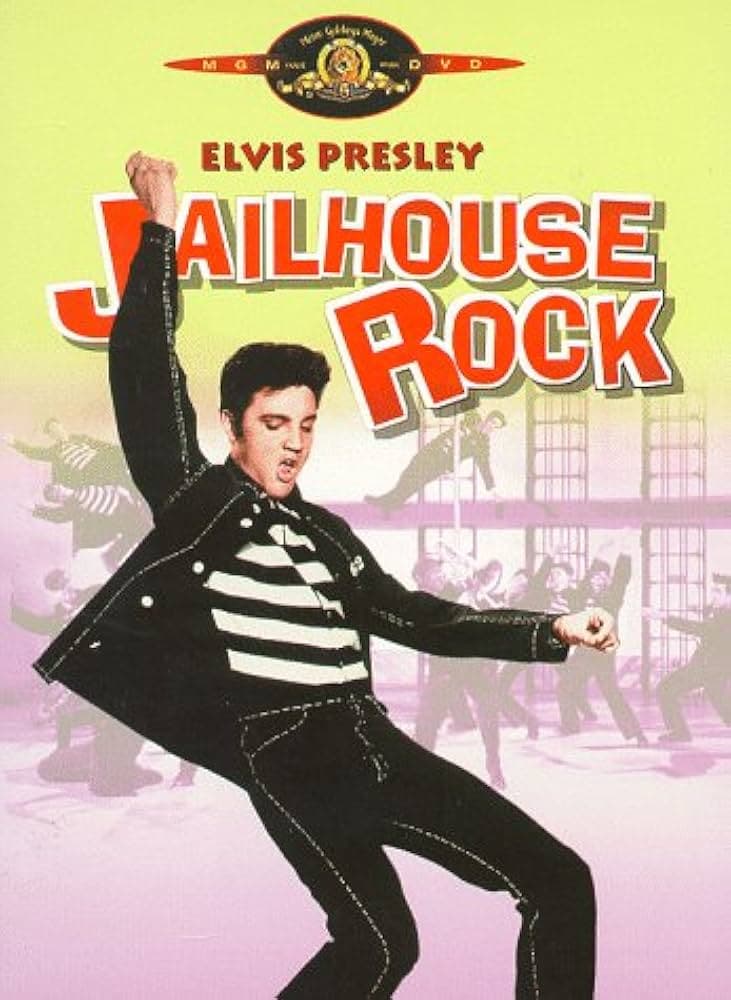
Jailhouse Rock: A Rebellious and Iconic Anthem of Rock and Roll’s Raw Power
Ah, 1957. What a time to be alive, wasn’t it? The world felt like it was spinning on a new axis, and the soundtrack was a furious, joyful rebellion. In the midst of that cultural whirlwind, there was one song that encapsulated the very essence of that rebellious spirit: Elvis Presley’s “Jailhouse Rock.” This wasn’t just a tune; it was a cultural explosion, a two-minute, twenty-three-second declaration of independence from the polite sensibilities of the past. Released in September 1957, it was a massive, international sensation, climbing all the way to the very top of the Billboard Top 100 chart, holding the number one position for seven weeks. Its success was not confined to the U.S. either, as it also became the first-ever single to simultaneously top the charts in both the U.S. and the UK. It was an undeniable, earth-shaking hit that solidified Elvis as not just a singer, but a force of nature.
The story behind “Jailhouse Rock” is as legendary as the song itself. It was written by the prolific songwriting duo of Jerry Leiber and Mike Stoller, two men who understood the raw, unpolished heart of rock and roll. The song was the title track for the movie of the same name, the third film in Elvis’s burgeoning acting career. The cinematic context is crucial, as the song was meticulously crafted to be the centerpiece of one of the most iconic musical numbers ever filmed. The recording session, which took place at Radio Recorders in Hollywood, was charged with an electric energy. Leiber and Stoller were hands-on, pushing for a raw, spontaneous sound that mirrored the film’s frenetic energy. They even had a hand in the production, ensuring the track had a hard-driving, no-frills sound. Elvis, in turn, delivered a vocal performance that was pure, untamed fire. His sneer, his confident swagger, and his vocal bravado were all on full display, making the song an extension of his own rebellious persona.
Decades later, “Jailhouse Rock” remains a symbol of an era. It takes us back to a time of leather jackets and slicked-back hair, of black-and-white television sets and the thrill of seeing something truly new and exciting. It’s the sound of a generation finding its voice, a voice that was loud, unapologetic, and ready to shake things up. It’s a song that proves rock and roll wasn’t just a passing fad; it was a revolution, and Elvis Presley was its charismatic, hip-shaking leader. We can still hear the echo of that rebellion in the first few notes, and it never fails to transport us back to the time when rock and roll was the most dangerous and exhilarating sound on Earth.